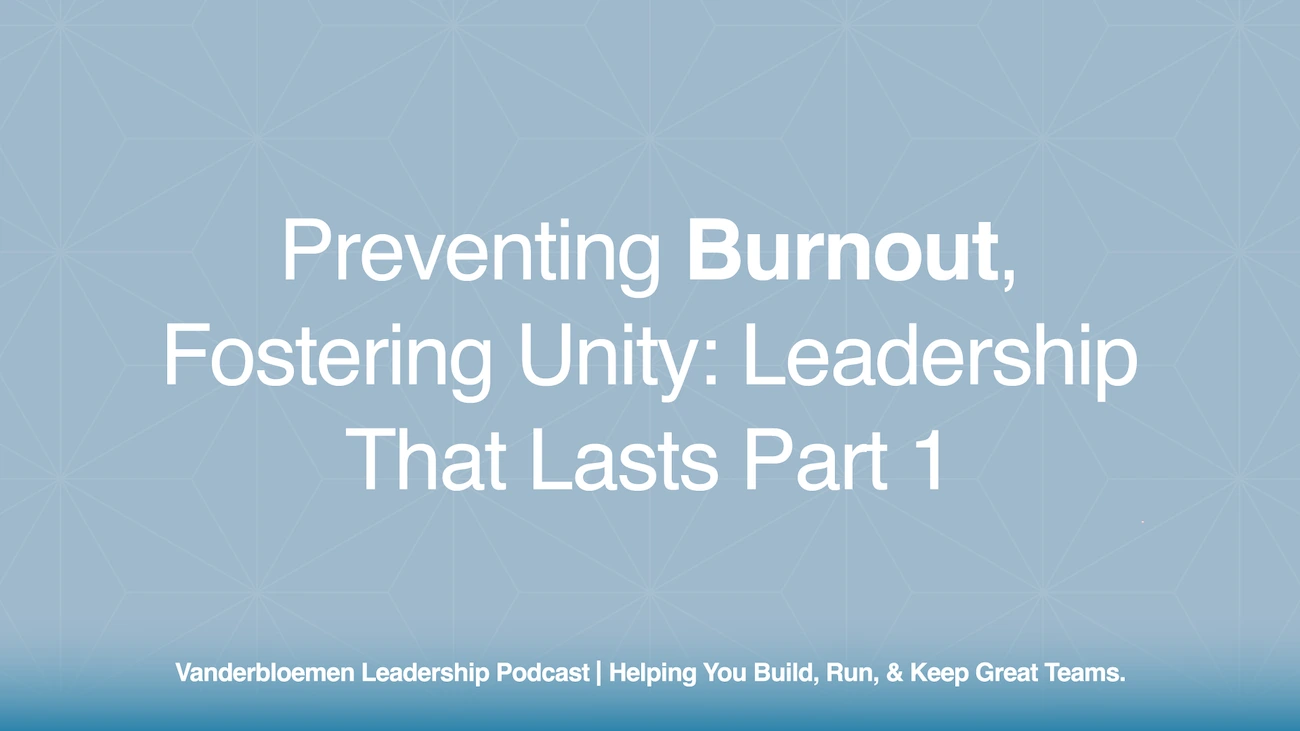The church job search process is a sacred space. It is a time of reflection, patience, and trust as we wait to discover and discern where God is calling us next. Throwing yourself into the job market as a ministry candidate can certainly bring up feelings of vulnerability and uncertainty.
As a member of the Candidate Relations Team here at Vanderbloemen, I have the privilege of working with a variety of candidates looking for a variety of different roles. It wasn’t long ago that I was in the job market, and I remember very vividly what it felt like to be a candidate. In fact, before I took my job here, I actually went through Vanderbloemen’s process for a position at another organization. Throughout that process, I did not want to be just any ordinary candidate, but the best one I could be.
Here are a few job seeking best practices that can, not only make the process a little easier, but they will also help you put your best foot forward as a candidate.
Include.
A big piece of advice we give to ministry candidates is to include all necessary information on their resume before they apply for a job. For most positions, your basic essential information includes your contact information, education, and experience.
However, if you are applying for a role where landing the job will be determined by your creative ability and skillset, you need to also include samples of your work. For example, if you are applying for a Worship Pastor role, including links to your worship samples is essential. If you’re applying for a graphic design role, a best practice would be to include a link to your online portfolio so the employer can easily access your work. Making it easier for employers to quickly see the essential information they need in order to consider you for the role will go a long way.
Respond.
Another best practice is to always be responsive to organizations that you have applied with. Application processes can be lengthy and drawn out, so understandably, your situation may change from the time you apply to the time you hear from the potential employer. Even if you are no longer interested in the role you applied for, respond with that information when the employer reaches out. A quick, “Thank you so much for considering me, but I am no longer interested in pursuing this role,” is all that is needed. Even if you are unsure if you are still interested in the position after receiving more information, many employers will understand and appreciate an e-mail back asking for a little more time to look the over the job description. At Vanderbloemen, we do not want candidates to pursue roles that they are unsure about. Taking the time to think and pray about the opportunity is absolutely encouraged. Be honest, but be responsive.
Follow Up.
Interviewing for new church jobs can be a difficult process to juggle when you are currently employed. Finding a time to talk on the phone with someone can be hard to schedule during the work hours. Life happens, and that is understandable. If you happen to miss the scheduled time for your phone interview, a best practice would be to send a follow up email or make a phone call. Most employers are pretty understanding that sometimes a meeting runs long or a candidate double books themselves. A quick follow up email or phone call explaining the mishap and asking to reschedule is a courtesy that organizations value.
These are just a few easy steps that can help ensure you are putting your best foot forward as a ministry candidate.
What other job seeking best practices do you follow?


